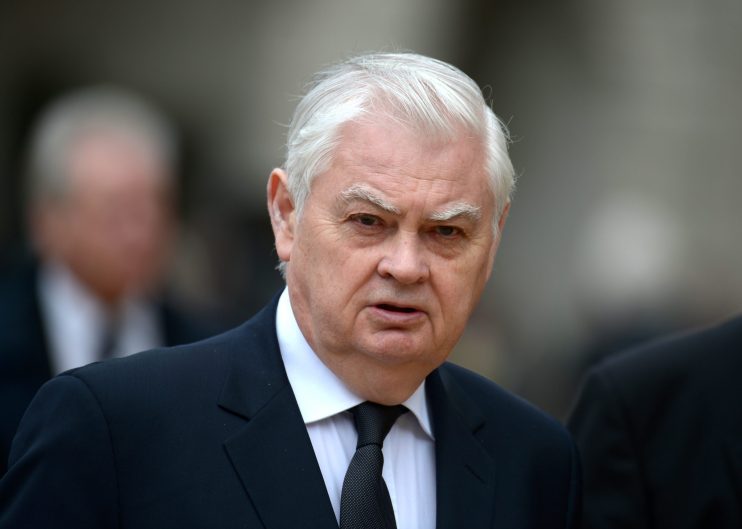Norman Lamont: Britons not prepared for the economic hardship ‘around the corner’

Former chancellor Lord Norman Lamont has warned the government’s furlough scheme has made people complacent and unaware of the coming economic hardship.
Lamont, chancellor under Conservative Prime Minister John Major, said the scheme had lulled “people into a false sense of security” and that many do not realise “their jobs have disappeared or are about to disappear, or that their firm is in serious trouble”.
The scheme sees the government pay 80 per cent of wages, up to £2,500 a month, to furloughed workers between April and June.
Sunak said yesterday that he was looking at ways to taper off or extend the scheme for some sectors past June, to ensure there is no “cliff edge”.
Lamont, speaking on a Higginson Strategy podcast, predicted there would be economic carnage “coming around the corner”.
“Some sectors will bounce back, but not necessarily back to where they were before,” he said.
“But some sectors will disappear. If you think of part of the services sector, hospitality, tourism, restaurants, hotels, airline travel – I think they’re going to be very badly hit for a long time.
“Some people sitting at home may not realise, they are not very well paid, they’re getting £2500 a month, they’re not spending much money, so they may feel relatively secure.”
The former chancellor also encouraged the government to continue to increase public spending and ignore the country’s bulging debt levels.
The Office for Budget Responsibility (OBR) released projections earlier this month predicting that net borrowing could hit £271bn this year.
The figure is five-times higher than the watchdog’s March forecast and would be the biggest in peacetime.
“I think as we recover, the government should be very careful to nurture that gradual improvement in the situation and shouldn’t do anything in terms of reducing the debt that would hold back the recovery,” Lamont said.
“It reminds me of a situation I encountered in 1993. The recovery was just beginning and I announced a series of tax increases in order to reduce the deficit in borrowing, but I said they wouldn’t be implemented for one, two or three years to let the recovery take place on a more elongated timetable.
“I think something similar will be required when we come out of this situation.”
Prime Minister Boris Johnson may be of a similar mind after he said last week that he was not planning on undertaking a period of post-coronavirus austerity.